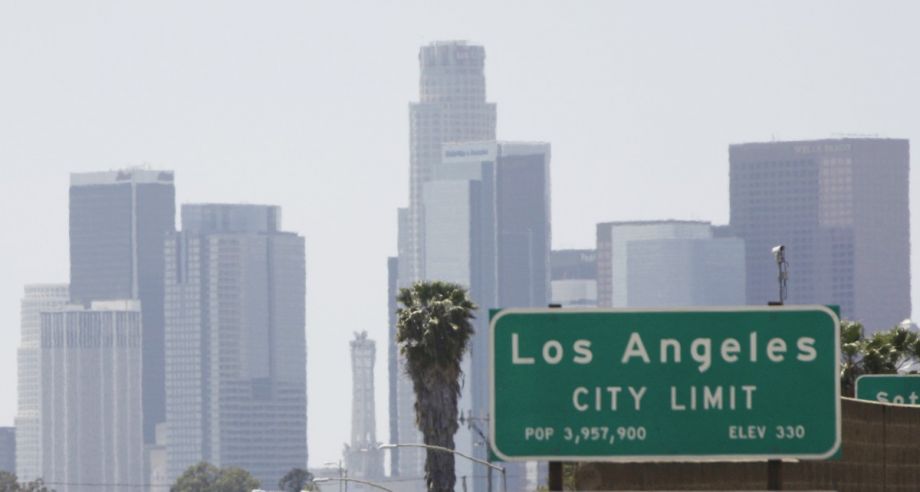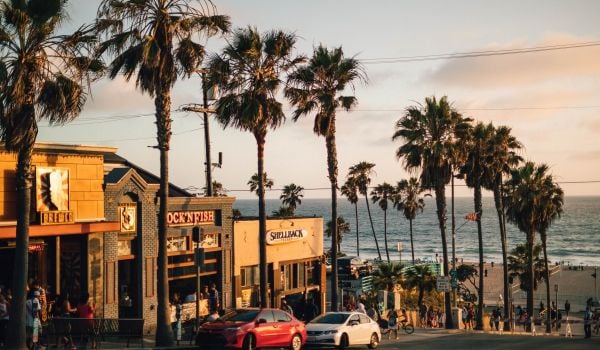It’s no secret that court fines and other fees generated by an “accountability”-focused (and increasingly privatized) criminal justice system disproportionately impact low-income people of color. In Los Angeles, one such fee is potentially on the chopping block — though the motion to address it doesn’t mention any other fines that could be incurred by defendants after cases end.
The $50 registration fee is charged to defendants before they can receive legal services in Los Angeles County. According to the Los Angeles Times, the county Board of Supervisors is expected to approve a motion that would revoke it on Tuesday.
The Times reports:
California is one of 43 states that charge some type of public defender fees, according to a 2014 analysis by National Public Radio. The state first authorized counties to impose a $25 registration fee in 1996. L.A. County approved the fee that same year, raising it to $50 in 2010.
Alexa Harris, a University of Washington sociologist who studies legal debt (Next City interviewed her last year), told the paper: “In trying to shift the burden of cost from the state to the counties and now … to the defendants themselves, we’ve created user fees, essentially. It would be a good business model if the defendants had money, but they don’t.”
The motion states that “the public defender receives 89 percent of the registration funds and the remaining 11 percent is paid to GC Services (a private, for-profit collection agency) to collect the fees. The total amount received by the Public Defender’s Office in the last fiscal year was approximately $300,000 which, according to them, is not earmarked for any specific usage.”
But according to the Times, that $300,000 doesn’t add up to much — the public defender’s total budget was over $200 million for the 2016-17 fiscal year (that office declined to comment for the Times article). And $50 is a significant amount to someone barely scraping by.
“The imposition of these fees can amount to a significant financial burden for some indigent defendants and may, in some cases, dissuade defendants from utilizing their constitutionally-guaranteed right to counsel,” the motion states. “The fees can have a disproportionate impact on vulnerable classes of defendants, including non-citizen defendants who require the assistance of counsel to determine the immigration consequences of a contemplated criminal disposition.”
They can also be long-lasting, as Oscar Perry Abello reported for Next City last year. Citing research led by Harris, he wrote:
Among … 55 interviewees, the average [legal financial obligation (LFO)] debt was $9,204, including restitution to victims, fines, fees for public defenders or time spent in jail or filing fees, surcharges calculated as a percentage of the LFO and other charges. Of those who said they made monthly payments, the average payment was $31.25 per month. Washington State, where the book focuses most attention, charges 12 percent interest and an annual $100 collection fee on LFOs.
The motion to be considered by the Los Angeles County board lists the San Francisco County Public Defender’s Office and the Santa Barbara Public Defender as examples of systems that don’t collect administrative fees.
But while those cities may be leading the way where such fees are concerned, California’s traffic fines are a statewide burden on poor communities, particularly communities of color. As Kelsey E. Thomas reported last month, “for years, the state legislature has created add-on fees to traffic citations to raise revenue without having to raise taxes, causing a $100 stoplight ticket to become a $490 ticket, three times the national average for a similar citation.”

Rachel Dovey is an award-winning freelance writer and former USC Annenberg fellow living at the northern tip of California’s Bay Area. She writes about infrastructure, water and climate change and has been published by Bust, Wired, Paste, SF Weekly, the East Bay Express and the North Bay Bohemian
Follow Rachel .(JavaScript must be enabled to view this email address)



_920_518_600_350_80_s_c1.jpg)












